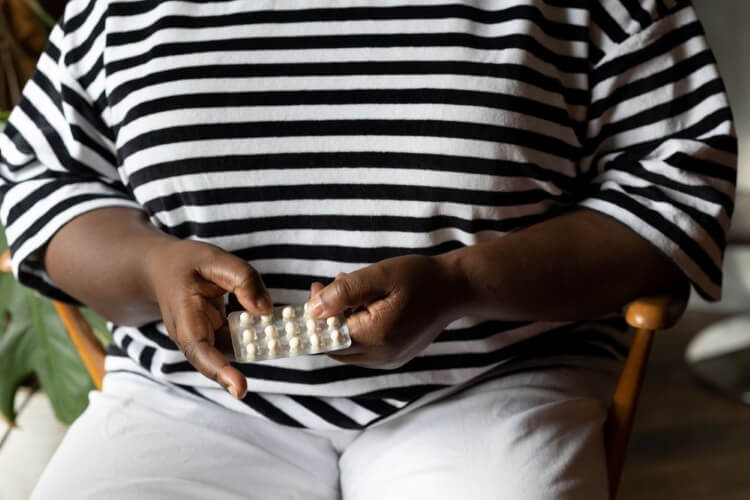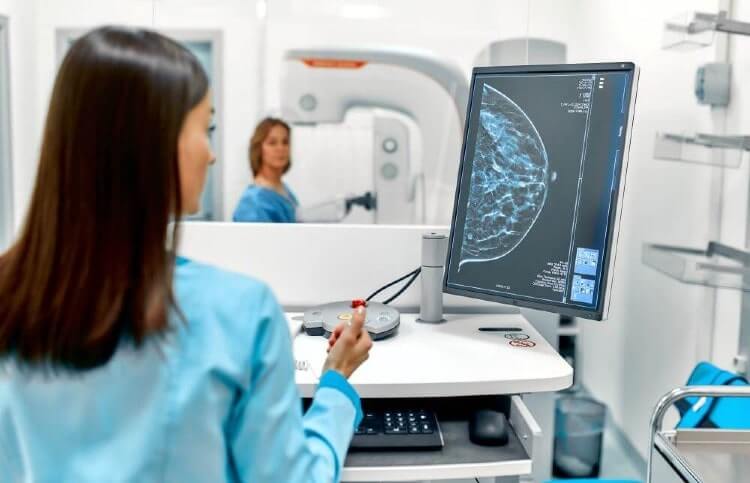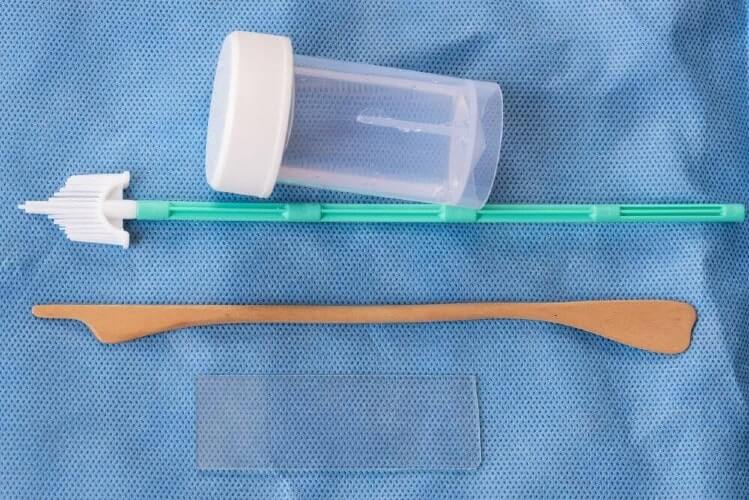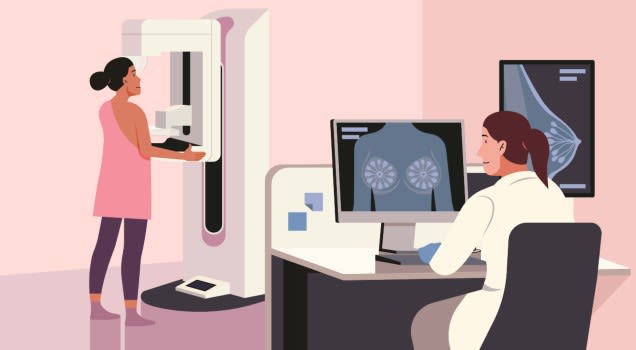By Scott Chudnoff, MD, MSc, FACOG, Chair, Department of OB/GYN
Nearly half of women in the U.S. deal with uterine fibroids, or non-cancerous growths (also called tumors) in the uterus. Many of my patients complain about painful menstrual cramps and heavy bleeding. It’s perfectly normal to wonder how uterine fibroids can affect your lifestyle and ask about ways to treat uterine fibroids. One topic that’s important to shed light on is how uterine fibroids affect fertility and pregnancy. Here are some of the most common questions my patients with uterine fibroids ask when it comes to getting, or being, pregnant.
What makes it so complex? Uterine fibroids are very common – affecting between 30% - 50% of the population. Also, infertility can have multiple causes. Therefore it isn’t always easy to say that fibroids are the source if infertility is present, particularly since many women with fibroids do get pregnant and have normal pregnancies.
Nevertheless, if a woman has fibroids, she should discuss it with her physician.
All in all, fibroids generally have minimal impact on fetal growth and only in the most severe cases of large fibroids will there be a direct effect on the fetus.
Pain is typically managed with pain medication such as acetaminophen (Tylenol). If that is ineffective, then narcotics may be possible as well as NSAIDs like Toradol or ibuprofen (Advil) until the early third trimester. All of these medications do carry some potential risks to the fetus. In extreme cases, epidurals can be used to help control the pain.
Dr. Scott Chudnoff specializes in women’s health, gynecology, minimally invasive surgery, medical technology and medical education, and is certified as a sexuality counselor by the American Association of Sexuality Educators, Counselors and Therapists (AASECT).
Request a Consultation
If you're interested in a consultation regarding fibroids, please call 877.455.4HER.Nearly half of women in the U.S. deal with uterine fibroids, or non-cancerous growths (also called tumors) in the uterus. Many of my patients complain about painful menstrual cramps and heavy bleeding. It’s perfectly normal to wonder how uterine fibroids can affect your lifestyle and ask about ways to treat uterine fibroids. One topic that’s important to shed light on is how uterine fibroids affect fertility and pregnancy. Here are some of the most common questions my patients with uterine fibroids ask when it comes to getting, or being, pregnant.
Will having uterine fibroids make me infertile?
The exact effect that fibroids have on fertility is complex. However, fibroids may be a source of infertility and treatment of certain fibroids may improve fertility. Generally, fibroids that are entering the cavity of the uterus (submucosal) or pushing into the cavity (Intramural type III fibroids) are the ones most likely to cause fertility issues as well as miscarriages. Typically, when we consider the impact of uterine fibroids on fertility, we are more concerned about where the fibroid is rather then how big it may be or even how many there are.What makes it so complex? Uterine fibroids are very common – affecting between 30% - 50% of the population. Also, infertility can have multiple causes. Therefore it isn’t always easy to say that fibroids are the source if infertility is present, particularly since many women with fibroids do get pregnant and have normal pregnancies.
Nevertheless, if a woman has fibroids, she should discuss it with her physician.
I’m pregnant and found out I have uterine fibroids during an ultrasound. Do I need to worry?
First and foremost, congratulations! Like every woman, you likely have many concerns and anxiety about the pregnancy and want to do everything possible to ensure that your baby is healthy. So you’re at your ultrasound and brimming with excitement; it’s your first chance to see this living being inside you. Then suddenly the doctor says that you have fibroids and when you ask, “What’s that?” you’re told they are non-cancerous tumors of the uterus. If you didn’t know anything about fibroids beforehand, you’re pretty much scared out of your mind. What do they mean that I have tumors in my womb? What will that do to my baby? What will they do to me?- To answer the question, no, you don’t need to worry. Most pregnant women with fibroids do not have any complications during pregnancy related to the fibroids. It doesn’t mean that you can’t have problems related to the fibroids, but chances are that you and your baby will be just fine.
- However, there are a couple of things that may occur when you have fibroids in pregnancy
- Pain is the most common problem. Pain from uterine fibroids happens when there is degeneration from either bleeding into the fibroid or death of some of the fibroid as it outgrows its blood supply.
- There may be a slightly increased risk of obstetrical complications such as miscarriage, premature labor and delivery, abnormal fetal position (where the baby is butt down instead of head down), blocking of the birth canal (this would require a cesarean section), and placental abruption.
All in all, fibroids generally have minimal impact on fetal growth and only in the most severe cases of large fibroids will there be a direct effect on the fetus.
Can I get my fibroids removed during pregnancy?
In general, fibroids are not typically treated in pregnancy. A myomectomy (surgical removal of the fibroids) carries a large risk associated with it during pregnancy and is utilized only in the most extreme circumstances – and that is typically for pedunculate fibroids (fibroids that hang off the uterus) that are easily accessible.Pain is typically managed with pain medication such as acetaminophen (Tylenol). If that is ineffective, then narcotics may be possible as well as NSAIDs like Toradol or ibuprofen (Advil) until the early third trimester. All of these medications do carry some potential risks to the fetus. In extreme cases, epidurals can be used to help control the pain.
Will my fibroid grow larger during pregnancy?
Most studies indicate that fibroids don’t typically grow during pregnancy, with a few that indicate that growth does happen. In general, it seems that fibroids remain overall stable in 50-60% of cases, increase in size in 22-32% of cases and decrease in 8-22% of cases. For fibroids that increase in size during pregnancy, the majority of the growth will occur in the first trimester. Larger fibroids are more likely to grow while smaller fibroids are more likely to stay the same size. The average increase in size of uterine fibroids during pregnancy is 12% and very few will ever grow more than 25%.Dr. Scott Chudnoff specializes in women’s health, gynecology, minimally invasive surgery, medical technology and medical education, and is certified as a sexuality counselor by the American Association of Sexuality Educators, Counselors and Therapists (AASECT).
Featured Expert/ Author





























